Carbon Dioxide Emissions Rose 1.4 Percent in 2012, IEA Report Says
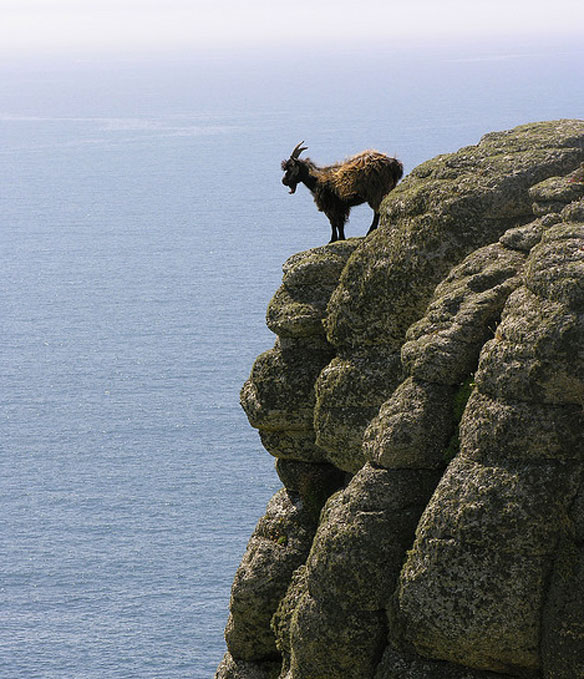
Global emissions of carbon dioxide from energy use rose 1.4 percent to 31.6 gigatons in 2012, setting a record and putting the planet on course for temperature increases well above international climate goals, the International Energy Agency reports…
Leakage of Carbon from Land to Rivers, Lakes, Estuaries and Coastal Regions Revealed
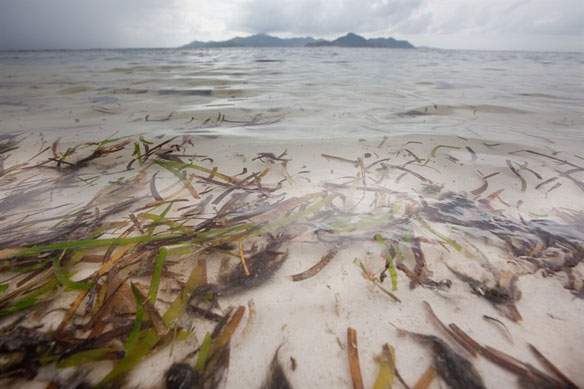
New research suggests that human activity could be increasing the movement of carbon from land to rivers, estuaries and the coastal zone indicating that large quantities of anthropogenic carbon may be hidden in regions not previously considered.
Climate Change is Happening But We Can Meet The Challenge

As carbon emissions rise inexorably, it’s easy to feel powerless as catastrophe looms. But activism is a chance to take control…
Art Confronts Maldives’ Climate Change Controversy

The Maldives’ first national pavilion at the Venice Biennale, the world famous art show that attracts art aficionados to this Italian lagoon city every two years, is all about climate change and the threat posed by rising sea levels to this low-lying chain of islands in the Indian Ocean.
Airlines Agree to Curb Their Greenhouse Gas Emissions by 2020

International airlines have agreed for the first time to global curbs on their greenhouse gas emissions – but fell well short of the measures to combat climate change that green campaigners had demanded.
Equity Takes Centre Stage
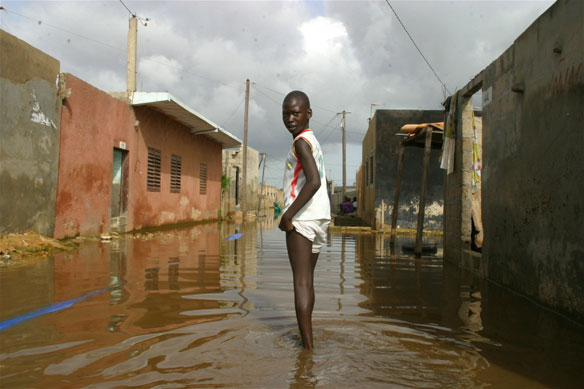
As aid officials haggle over ways to reduce developing countries’ disasters risks, they are increasingly looking to target the inequalities that make some communities more vulnerable than others.
Acceleration of Ocean Denitrification During Deglaciation Documented
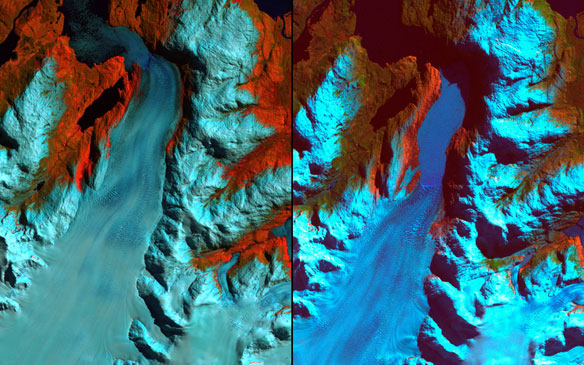
As ice sheets melted during the deglaciation of the last ice age and global oceans warmed, oceanic oxygen levels decreased and “denitrification” accelerated by 30 to 120 percent, a new international study shows, creating oxygen-poor marine regions and throwing the oceanic nitrogen cycle off balance.
Forest and Soil Carbon Is Important, but Does Not Offset Fossil Fuel Emissions

No amount of reafforestation or growing of new trees will ultimately off-set continuing CO2 emissions due to environmental constraints on plant growth and the large amounts of remaining fossil fuel reserves, Leading world climate change experts said.
Arctic Amplification
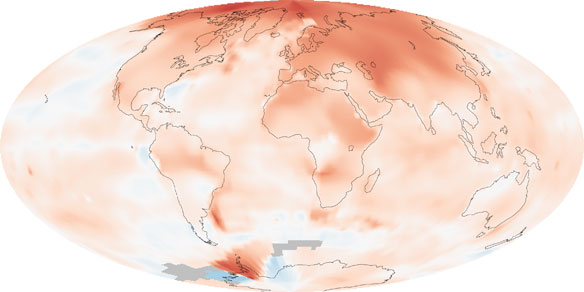
This NASA map shows global temperature anomalies for 2000 to 2009. Global temperatures from 2000–2009 were on average about 0.6°C higher than they were from 1951–1980. The Arctic, however, was about 2°C warmer.
